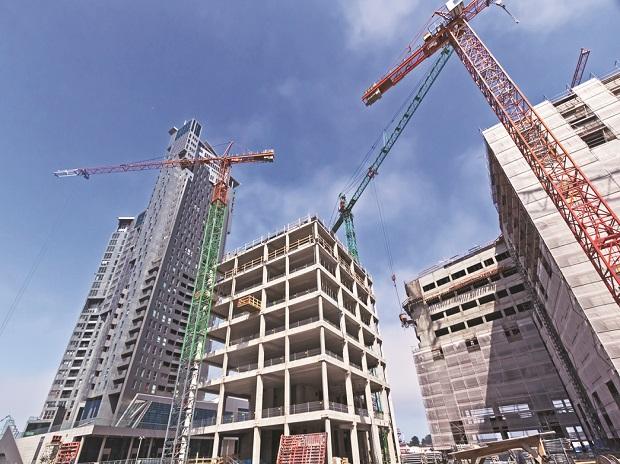[ad_1]
The real estate sector has high expectations from the upcoming budget, with stakeholders seeking industry status, tax breaks, policy rationalisation and incentivisation. They also want projects approved under a single-window clearance.
Industry experts have called for the continuation of incentives and subsidies under the Credit Linked Subsidy Scheme. They also want the government to increase the SWAMIH fund from Rs 5,000 crore to Rs 50,000 crore to boost residential activity and consumer sentiments.
Niranjan Hiranandani, national vice-chairman, Naredco suggested that the rate of income tax for firms/ LLPs should be aligned with the reduced corporation tax rates and kept at about 25 per cent across the board.
He also emphasised on the need to finalise the state rental housing policy to achieve the target of ‘Housing for All’ mission.
Industry players have also called for taxing long-term capital gains at 10 per cent, and for reducing the house property holding period to 12 months from the existing 24-36 months to qualify as long-term capital asset.
Currently, the notional rent on a second completed, non-self-occupied property is taxable, regardless of whether or not it has been let out. The sector wants this provision removed, or the Rs 2 lakh cap on home loan interest eligible for tax breaks raised to drive capital toward the residential sector, said Anshuman Magazine, chairman & CEO-India, South-East Asia, Middle East & Africa, CBRE.
Moreover, the industry recommends that the limit of principal deduction on housing loans, which stands at Rs 1.5 lakh, be increased to Rs 4 lakh per annum.
Magazine also said that the capital gains tax rate should be reduced from 20 per cent and the Rs 2 crore cap on capital gains for reinvesting in two properties should also be removed.
Since housing has been a key constituent of the real estate sector and a major area of interest for the government, higher tax deduction for homebuyers should be provided. This can be done by raising the deduction limit for interest payment on home loans from the existing Rs 2 lakh a year to Rs 5 lakh, said Vivek Rathi, director research, Knight Frank India.
Considering rising inflation, Amarjit Bakshi, CMD, Central Park said that a further hike in repo rate might be dampening the spirit of homebuyers, especially in the mid-segment and affordable housing. The luxury segment will remain upbeat, though.
However, industry experts believe that incremental rate hikes will only have a moderate impact on sales owing to strong homebuyer sentiments.
The government should also rationalise GST rates for construction material like steel, cement and tiles. Additionally, it should also put aside more funds under the stress fund SWAMIH and policies should be widened so that the stuck projects can be completed, said Pradeep Aggarwal, founder & chairman, Signature Global (India), Ltd.
Gauri Shankar Nagabhushanam, CEO, India Business Parks, CapitaLand India is also optimistic about the upcoming budget. He said, “We are hopeful that the proposed Development of Enterprise and Services Hub (DESH) Act will be tabled during this session and expect that the government would provide the much-awaited relief to SEZ Developers and Units.”
Dhruv Agarwala, Group CEO, Housing.com, PropTiger.com & Makaan.com said that the government should consider the industry’s long-standing demand for an increase in tax incentives for both principal and interest paid on home loans by borrowers and a single window clearance mechanism for projects.
“We expect the maximum tax rate of 30 per cent to be reduced to 25 per cent to improve the individual’s buying power,” said Santosh Agarwal, CFO and Executive Director, Alpha Corp.
The realty sector is optimistic that the government would shape its policy actions to promote demand even further this year. It also expects future announcements on repo rates and other measures/policies to have a beneficial long-term impact.
[ad_2]
Source link



